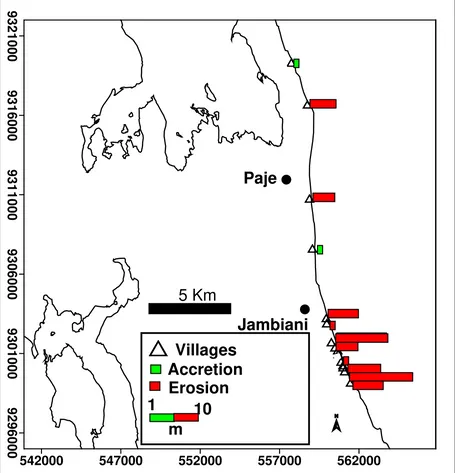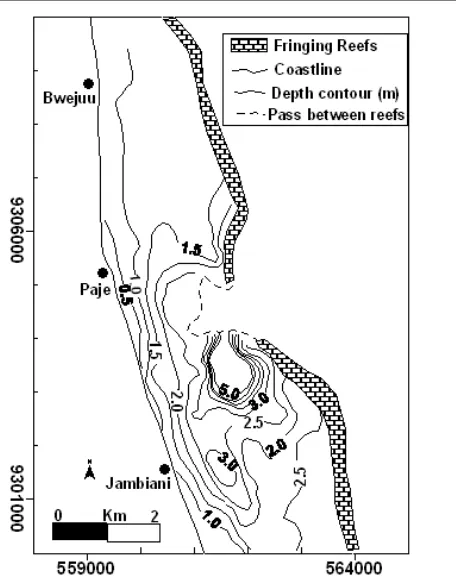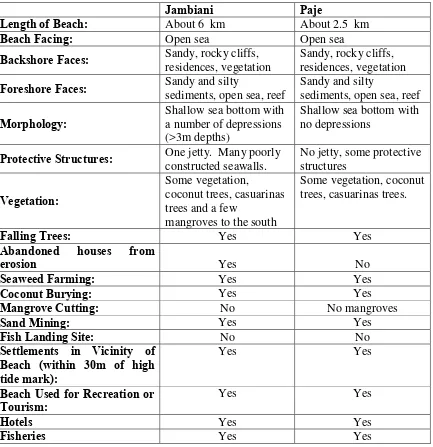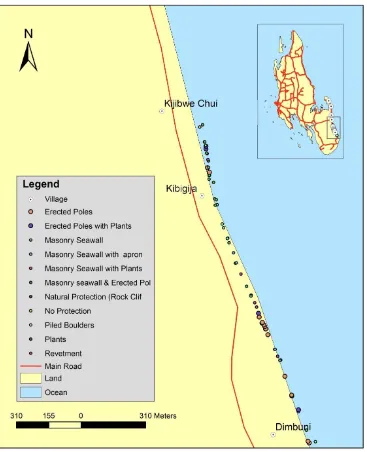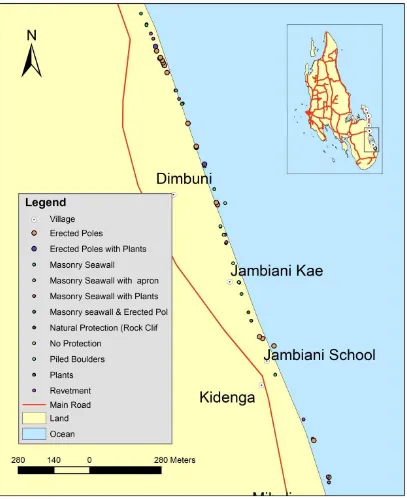TZ2010CC008 PajeJambiani
Teks penuh
Gambar
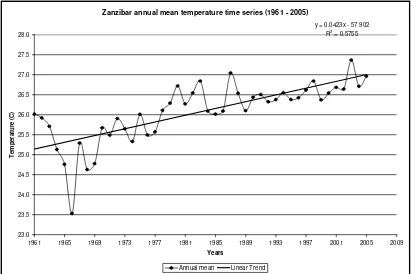
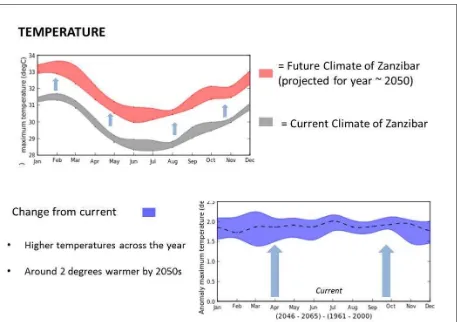
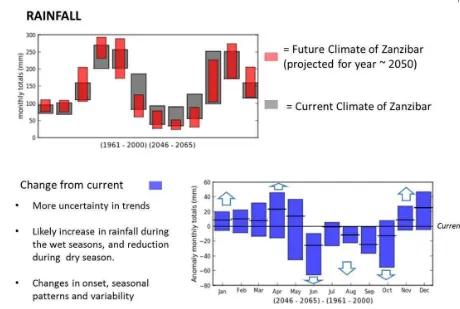
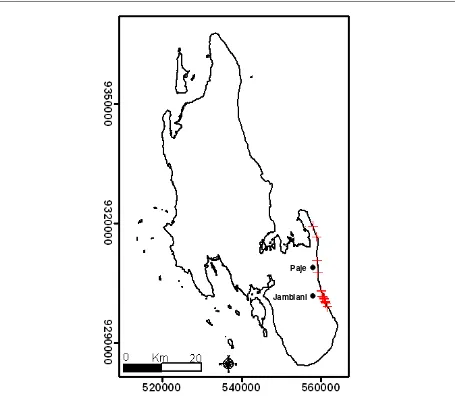
Garis besar
Dokumen terkait
the University of Rhode Island’s Coastal Resources Center/Sea Grant and its partners like URI’s Ocean Engineering and Environmental Data Center, the Coastal Resources
Agency for International Development (USAID) has partnered with the University of Rhode Island Coastal Resources Center (CRC) in carrying out the Coastal Resources Management
Yanda (2013), Coastal and Marine Ecosystems in a Changing Climate: The Case of Tanzania, Climate Change Adaptation Series: Document 1, Coastal Resources Center Coastal
Kerjasama Departemen Dalam Negeri, Direktorat Pengelolaan Sumberdaya Lahan dan Kawasan – TPSA – BPPT - Coastal Resources Management Project (CRMP) USAID.. Ecological
Ecological characteristic analysis of habitat in the coastal of East Sea - Analysis of ecological characteristics in type of habitat environment - Survey of marine organism
The coastal changes in the study area B are quite similar to the study area A which means that most of the coastal areas have increased since 2017; however, some parts of shoreline on
Through a case study of Kukup water village in Malaysia, this study seeks to understand the influence of coastal risks and hazards on coastal settlements’ spatial development, local
MAJOR ENVIRONMENTAL ISSUES Pollution of Air, Water and Land Hazardous Chemicals and Wastes Land Degradation Loss of Biodiversity Ozone Depletion Climate Change

